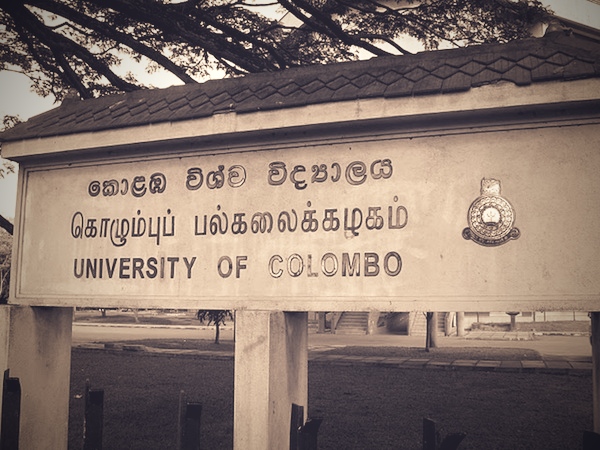Photo from Wikipedia
The Ministry of Higher Education has decided to make compulsory for all university entrants a 3-week training in army camps (supposedly because they are the only places that can accommodate all the entrants) and then give them 3 months of training in English and Information Technology (IT) at District level.
While the intentions may be laudable, I wish to argue that the drawbacks outweigh the benefits. I hope Vice Chancellors and others in academic leadership will support me. I list the reasons for my opposition below.
- This measure will delay entrance to universities, causing both entrants and their parents much anxiety.
- Most if not all universities have orientation programs at which English, IT and other soft skills are taught. It is much better for students to be taught in their future academic environments rather than at district level, because a university environment is an academic one that creates a sense of seriousness of purpose.
- It must be remembered that a previous program of this nature, i.e. the GELT program was not continued, presumably because it was a failure. What guarantee do the universities have that we will not have to repeat English and IT classes once students come to the universities – causing further delay in graduation?
- In the same context, individual universities will take an active interest and responsibility in teaching English and IT, because the teaching of further courses will be made more difficult if their own students do not have these skills. It is not clear who feels responsible for the newly proposed English and IT program, but there is NO naturally structured responsibility that they will have; the trainers will not see the students after the training. If the ministry wants to improve English and IT among students, they should strengthen existing orientation programs within universities – NOT start new and untested ventures.
- While I have the greatest of respect for the army for their recent achievements, an army camp is not the place that the majority of potential entrants would like to go to. Many parents would be very apprehensive about sending girls especially to such camps. Furthermore, while I am sure there are many Tamil entrants and parents who would be thankful to the army for delivering them from the LTTE, there would be many others who would be apprehensive about anything to do with the army – these are social realities that we have to contend with and mere assurances of safety within these camps would not suffice. In fact Muslim girls may even be prohibited by their religion from attending such residential camps. I myself may not mind a son undergoing such training but would be reluctant for a daughter to do so.
- As a Senior Professor with 30 years of service, I consider student diversity to be one of the most significant ingredients in the process of producing good graduates. I do NOT wish to see parents of Tamil or female entrants opting to send their children to private universities or to settle for non-university careers in accountancy, marketing or banking purely because of the obstacle created by this training in army camps. The entire university community will be impoverished thereby. We must make sure that decisions we take do not discourage or cause discomfort to ANY potential entrant.
- If this training is made compulsory, it is very likely that some parent or entrant will file a fundamental rights case against it because this requirement was not divulged at the point that students were applying for entry. If nothing else, such a lawsuit will delay the entire academic calendar, and once again ALL students will be the losers.
In the above context, I call upon the relevant decision makers to postpone any training of this nature until much wider consensus is sought. My own strong view is that existing orientation programs should be strengthened. If at all, the proposed training for this year should be conducted on a purely experimental and voluntary basis.
Professor Priyan Dias
Senior Professor of Civil Engineering
University of Moratuwa
2 May 2011
